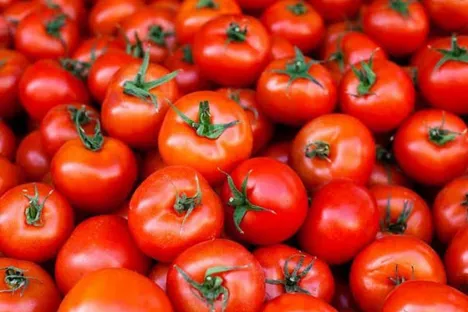New Zealand’s tomato industry is celebrating a significant milestone with the resumption of fresh tomato exports to Australia. After a temporary suspension initiated in April 2021 due to the detection of the pepino mosaic virus in a commercial greenhouse, extensive collaborative efforts have paved the way for this renewed trade opportunity.
Reopening the Australian Market
The resumption of tomato exports to Australia comes as a result of diligent collaboration between TomatoesNZ and the Ministry for Primary Industries. This partnership has been instrumental in establishing a robust new code of practice that meets the stringent requirements of Australia’s Department of Agriculture, Forestry and Fisheries. The new code ensures comprehensive biosecurity measures are in place to safeguard against future risks, providing assurances necessary for the Australian authorities to reopen the market.
Industry Impact and Market Potential
“TomatoesNZ has worked closely with the Ministry for nearly two years to secure the reopening of the Australian market,” affirmed Dinah Cohen, General Manager of TomatoesNZ. The Australian market represents a significant opportunity for New Zealand tomato producers, with exports exceeding 600,000 kilograms in 2020 alone. This resumption, effective from June 21, is strategically timed to coincide with the upcoming 2024/25 export season, spanning from November to March.
Economic Outlook and Growth Prospects
Shane Olsen, Ministry of Primary Industries plant exports manager, highlighted the economic significance of this development, noting that prior to the suspension, fresh tomato exports to Australia were valued at approximately $2 million annually. This reopening not only restores economic opportunities for New Zealand growers but also underscores the resilience and adaptability of the country’s agricultural sector in overcoming challenges.
Looking Ahead
As New Zealand tomato producers regain access to the Australian market, attention now turns to maximizing production efficiency and maintaining stringent biosecurity protocols. The industry anticipates leveraging this renewed export pathway to foster growth and sustainability in tomato cultivation practices, aligning with global trends towards eco-friendly and sustainable agriculture.










